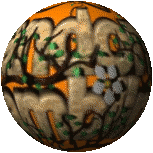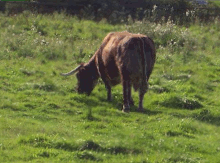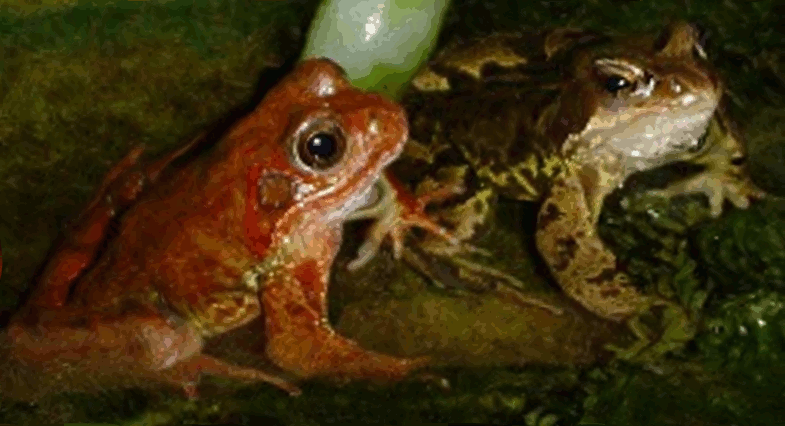There have been times when I have felt almost completely disembowelled. My lovely old cat (she is now fifteen, an old-age pensioner) quite suddenly developed a most dreadful illness. Let me tell you and you may judge for yourself.
The first thing I noticed that was different about her was a few spots that appeared on the top of her head. Fleas! I thought. I couldn’t have been more wrong. I applied some ‘Spot On’ obtained from the vets but the lumps did not go away. Instead more symptoms came. There were swathes of both diahorrea and sickness that became relentless and within just a few hours blood appeared coming from both ends. We rushed her to the vets where she was given an injection of steroid and antibiotic and we were told to bring her back the following day. She became worse and very dehydrated and she was kept in and placed on a drip. We were allowed to take her home on the following day but told to bring her back for a further check-up. She was placed on another drip and kept over the weekend. The vet was not at all hopeful of the outcome.
In the meantime, and as no-one was really certain as what the cause of the illness was, we carried on researching and quite by chance we found something that we believe may have been the culprit. We had purchased two non-slip dishes for her wet food. The dishes, it seems were not crock as initially thought, nor were they plastic but something that after careful checking looked like melamine. It appears that melamine causes health issues from a type of acne around animals faces to sickness and diahorrea. It is also known to cause renal failure. Melamine exposure may be from pet dishes to additions in food content. It is alleged by some that melamine may also be found in gluten. Here’s what is stated in Wikipedia:
http://en.wikipedia.org/wiki/Melamine
The dishes were disposed of and we started using crock saucers. It has taken months to get her weight back up over 6lbs again. We initially fed her every hour-and-a half – a little bit of dinner and some fish – she would not go near to any kibble. She is currently eating both a little bit of kitten kibbles and senior kibbles. We have tried so many different varieties but GoCat appears to be her current preference this is probably because it was the very first kibble I introduced her to as a kitten! Her favourite foods are the wet dinners and fish, thankfully her interest in food is still there.
 The cat as she is now, fast asleep in the border
The cat as she is now, fast asleep in the border
Advice: avoid using melamine. If you have a pet that is having difficulty eating try heating their food a little – not too hot – but the smell of the food tempts them to lick at it.
Extra Notes:
The one thing that I’ve learned with a cat is that there are more things that are unsafe to give them than those that will cause them no harm. Indeed, many of the things that are quite harmless to dogs may be life-threatening to cats. So before anyone tries all kinds of well-known cures on their cat always check with a veterinarian (animal doctor) to be on the safe side and not cause any undue distress to their animal.
The items that I used to help to relieve my cat’s digestive problems were as follows:
The first week I gave her one pinch of arrowroot in her dinners; the second week and for three days only, I gave her some kaolin (for cats) about three-quarters of a teaspoonful per day; the third week I gave her half-a-teaspoonful of pure powdered slippery elm (this I have been advised is the only safe ‘herb’ that may be given to a cat) use very sparingly – it is useful for diahorrea, sickness, constipation, upset tummies, flatulence (wind), etc – a very useful standby for cats, dogs and indeed humans!!!
Added to the above – change water regularly every two to three hours; keep their meals small and give them often; avoid meals with fancy sauces; avoid tinned cat food (this usually contains large quantities of water that puts a strain on the kidneys which are already under pressure when an animal is ill); make your own soft kibbles using rice flour – once cooked store in a jam jar and crumble a little into their food to aid with their digestion; never give cow’s milk to a cat and never, ever give them turkey as these are indigestible and place a strain on already poorly animal. In fact, they should always be avoided to keep a pet in tip-top health!!
The other things that I haven’t mentioned are lots of love and understanding and an unbelievable amount of tolerance – a sick animal cannot help it when they have diahorrea or sickness, it isn’t their fault and it can be a frightening experience for them so never shout or punish them. Always speak calmly and give them a reassuring stroke.
 Can you see me?
Can you see me?














































































